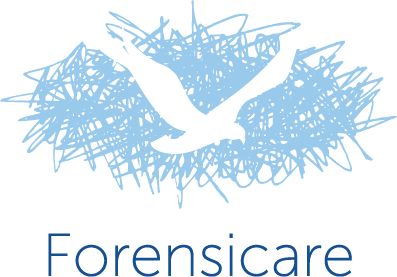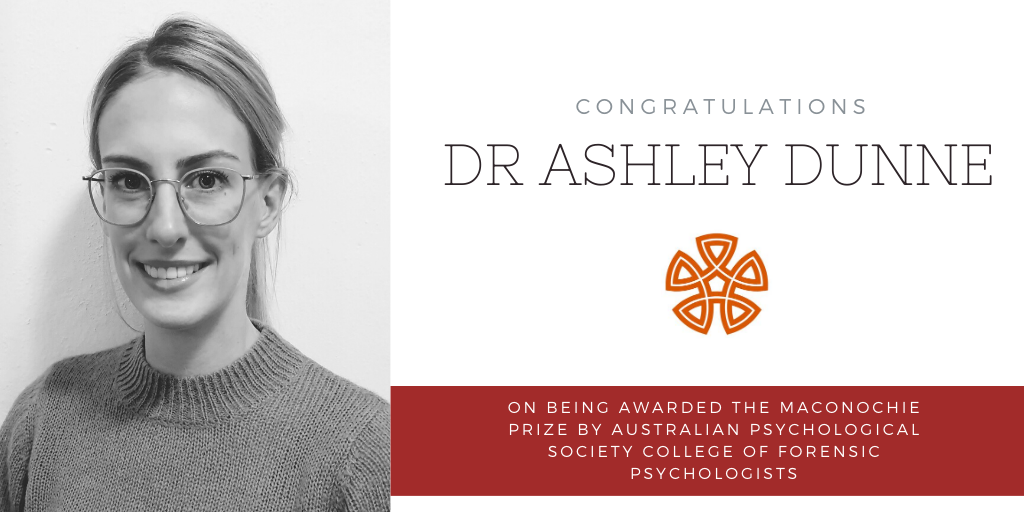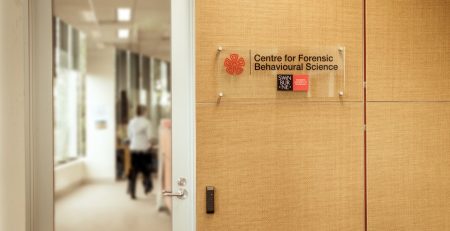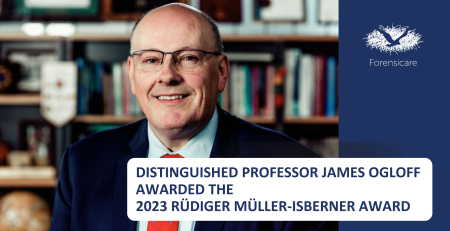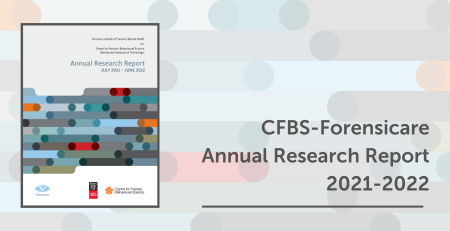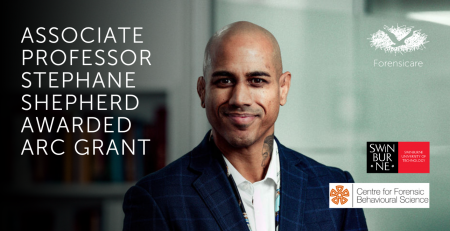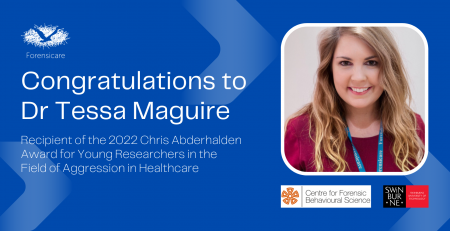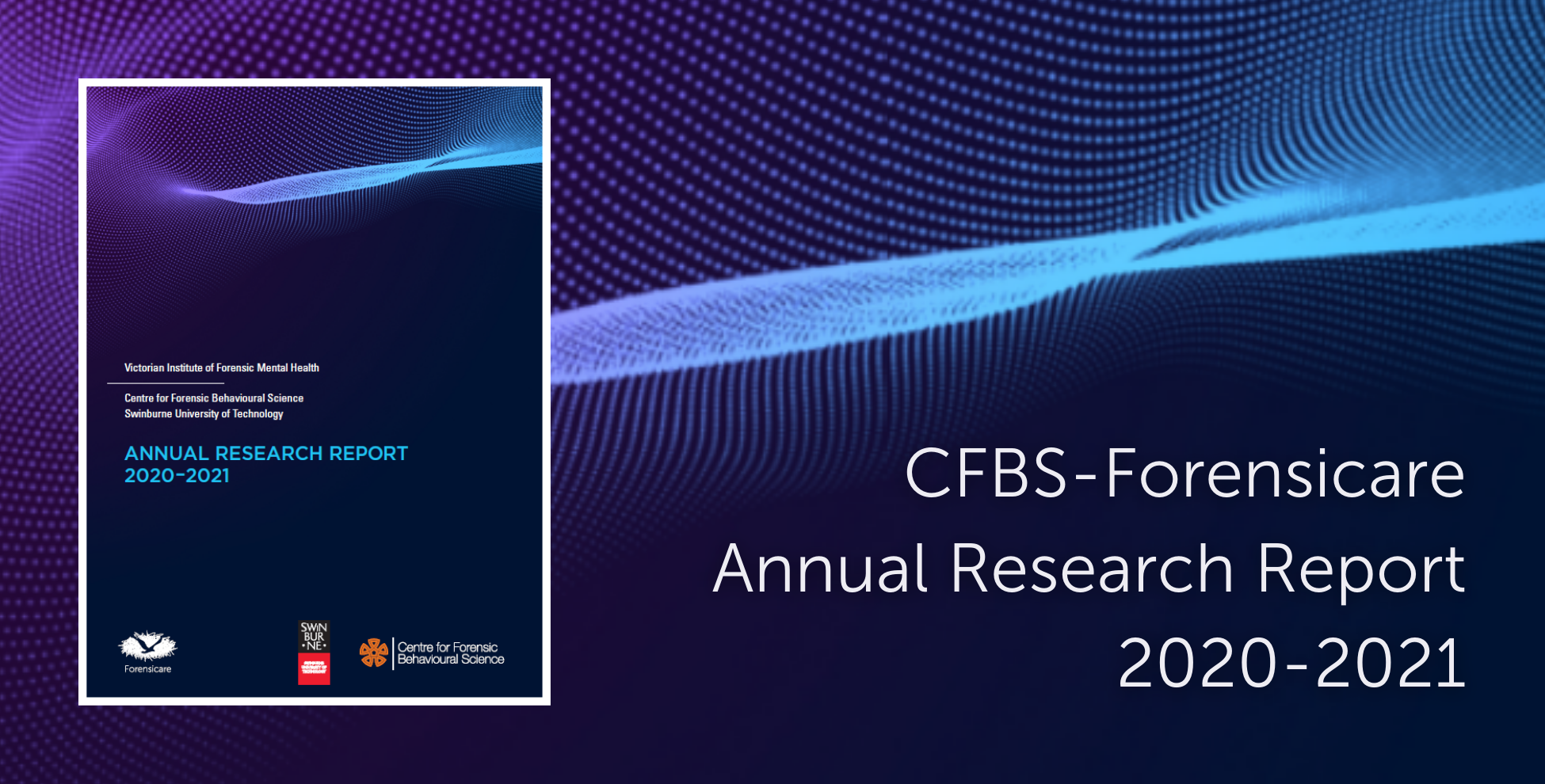Dr Ashley Dunne awarded the Maconochie Prize by Australian Psychological Society College of Forensic Psychologists
Dr Ashley Dunne, a research fellow at the Centre for Forensic Behavioural Science, has been awarded the Maconochie Prize by the Australian Psychological Society of Forensic Psychologists.
“Being in the early stages of my research career, I was extremely ecstatic and honoured to have won the Maconochie Prize,” Ashley said.
“It is a really meaningful achievement for my work to be recognised and so highly regarded by the Australian Psychological Society College of Forensic Psychologists—the peak body of forensic psychology in Australia.”
Ashley’s research: exploring maladaptive schemas and schema modes
The Maconochie Prize rewards outstanding forensic psychology research by students for an outstanding publication in a refereed journal, based on a student’s thesis.
Ashley’s 2018 paper, “The role of aggression-related early maladaptive schemas and schema modes in aggression in a prisoner sample” explores the associations between early maladaptive schemas (EMS), schema modes, and aggression in a Victorian offender population.
An early maladaptive schema is a pervasive self-defeating or dysfunctional theme or pattern of memories, emotions and physical sensations developed during childhood or adolescence, and elaborated throughout one’s lifetime. Meanwhile, a schema mode is a temporary mindset that includes both your present emotional state and how you’re coping with it. The findings from Ashley’s influential study supports the proposition that schema modes characterised by escalating states of anger, rage and impulsivity characterised aggressive offenders.
“My research aimed to advance the schema-aggression evidence base by examining the relative importance of EMS and schema modes to aggression in an offender sample,” Ashley said.
“From an applied perspective, my research suggests that routine assessment of schema modes in violent offenders has the potential to assist clinicians in gaining a better understanding of the mechanisms that increase a client’s risk for aggression.”
“Given we know that violence treatment programs demonstrate only modest efficacy, consideration of schema-related therapeutic techniques (like empty chair work, imagery rescripting, limited reparenting and empathetic confrontation) to target aggression-related schema modes within violent treatment programs may serve as an important avenue to enhance treatment outcomes for violent offenders.”
Using this research with violent offenders
Drawing on this research, Ashley and her colleagues at the Centre for Forensic Behavioural Science are interested in developing a schema-informed violence intervention program, which may be piloted across Victorian services working with violent offenders.
“A schema-informed violence program certainly has the potential to improve treatment outcomes with violent offenders,” Ashley said.
“It can do this by assisting offenders to develop awareness and insight into their behaviour, develop coping skills and break maladaptive behavioural patterns. It can also help them express and process vulnerable and negative emotions, connected with aggression-related modes.”
An exciting opportunity
As a recipient of the Maconochie Prize, Ashley has also been invited to present at the Australian Psychological Society College of Forensic Psychologists Symposium in 2021.
“This is a really exciting opportunity which will allow me to disseminate my research to clinicians and researchers within forensic psychology. I am very much looking forward to this next year.”
“I feel very grateful to have had the opportunity to work in such an interesting research area as a student, and to be so well supported within the CFBS.”
Congratulations on your achievement, Ashley!
You can request to read Dr Ashley Dunne’s full research paper here.
Looking for an exciting career in mental health? Check out our Work With Us page for our current openings. We can’t wait to have you as part of our team.
